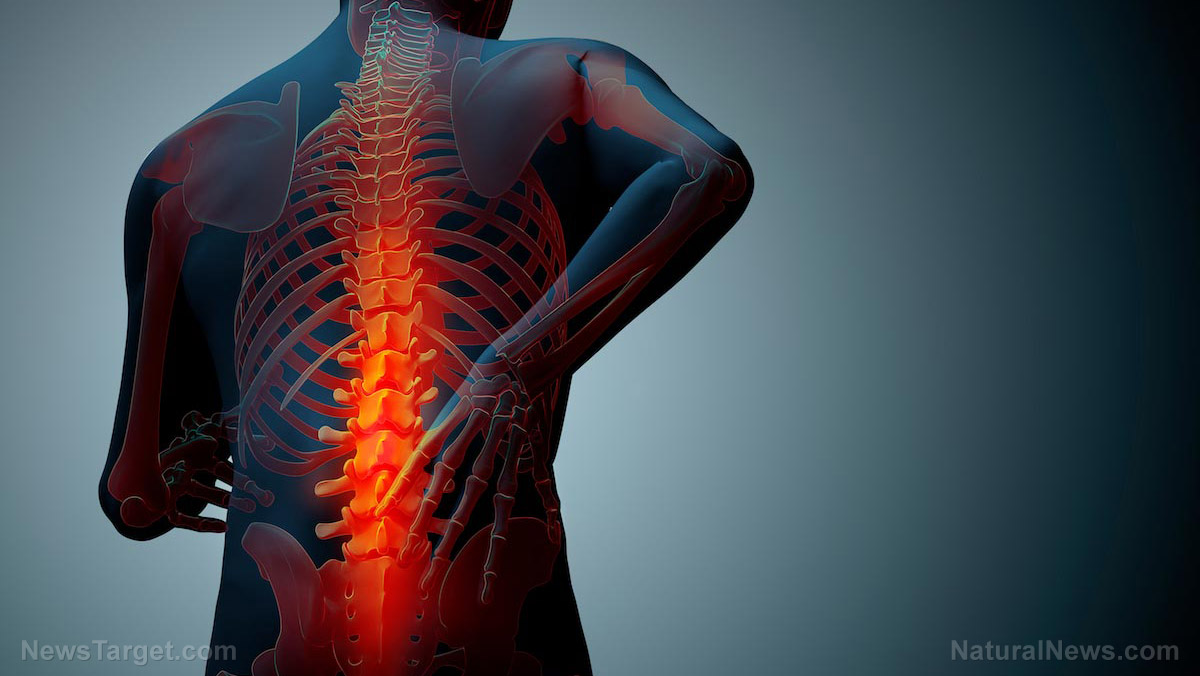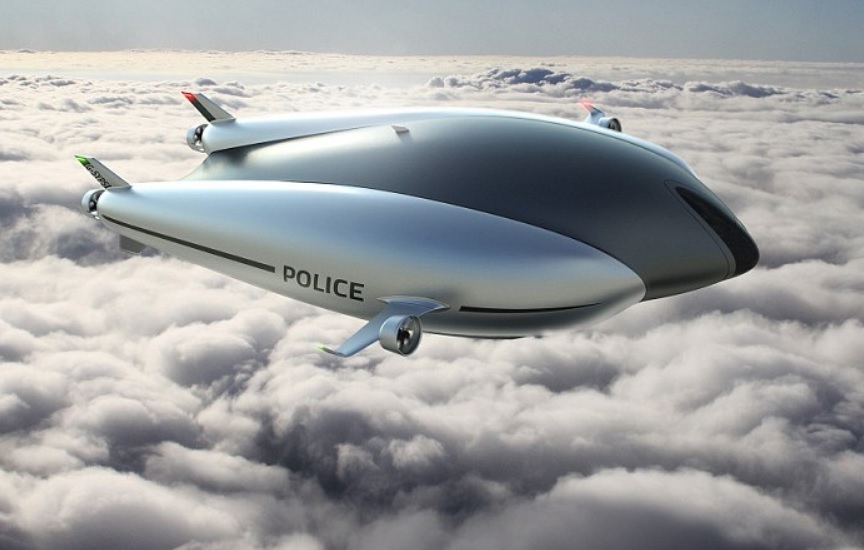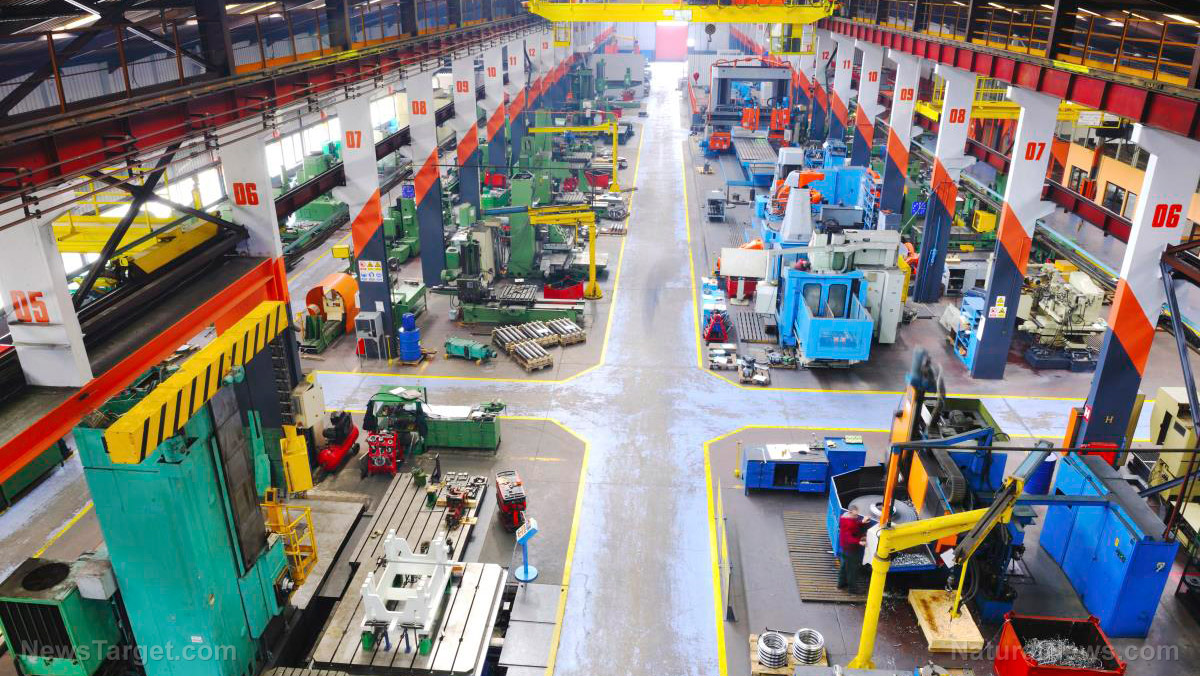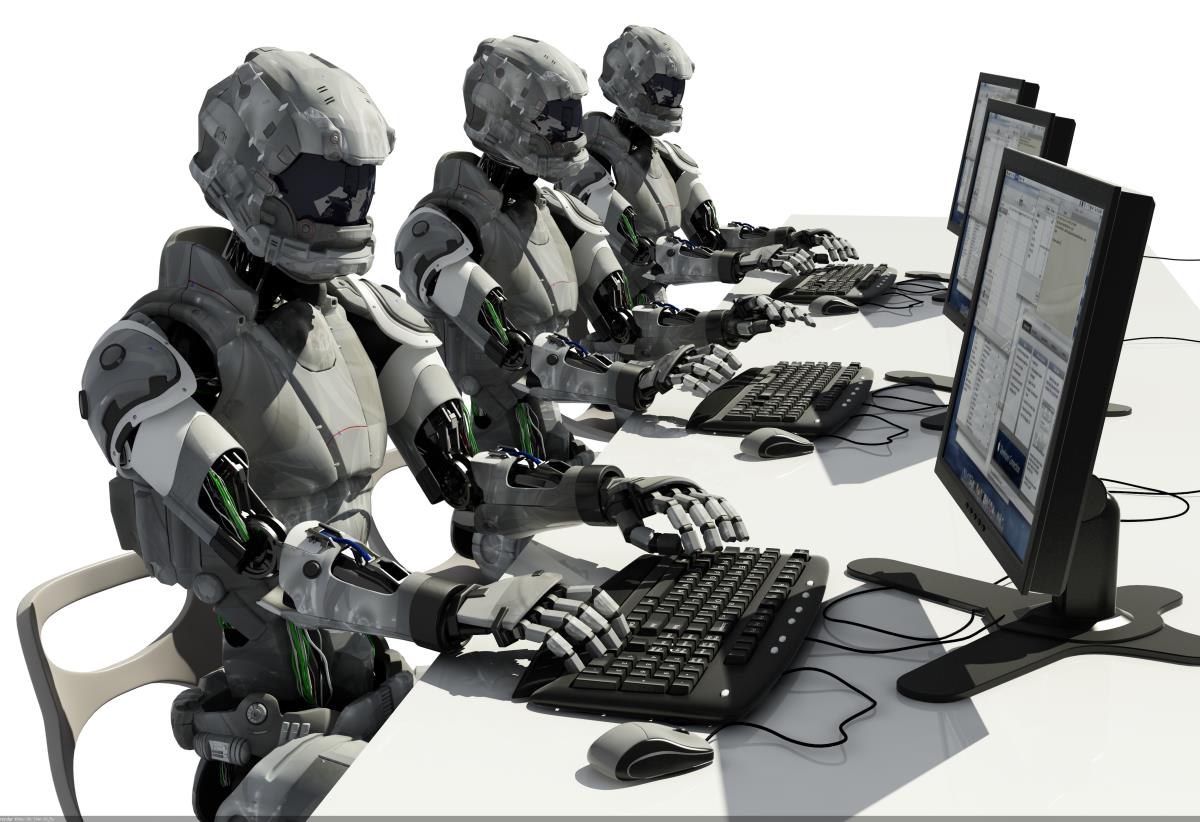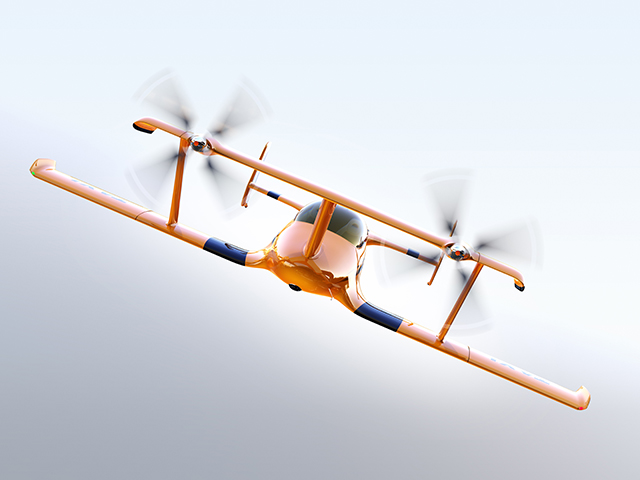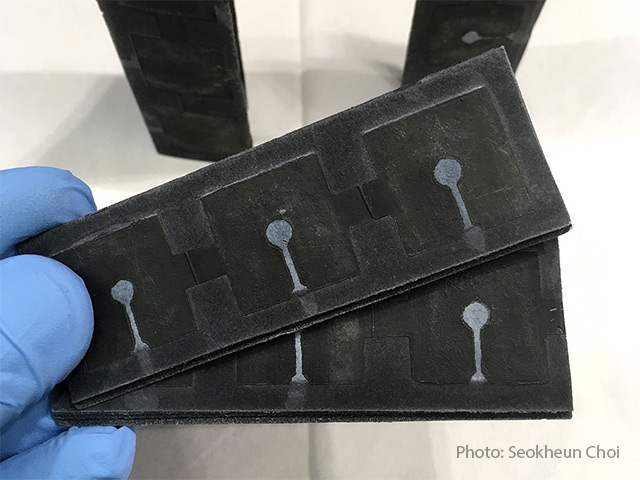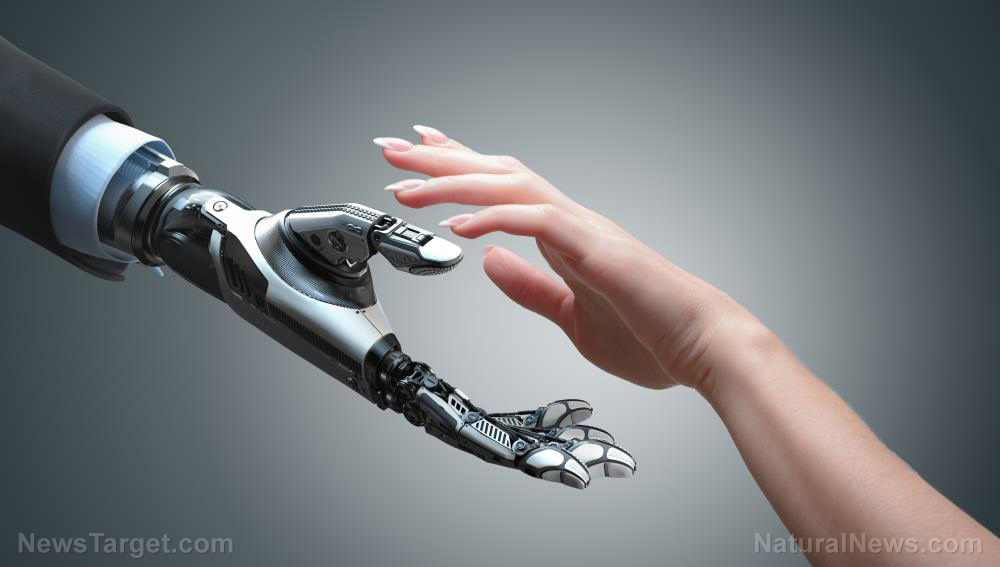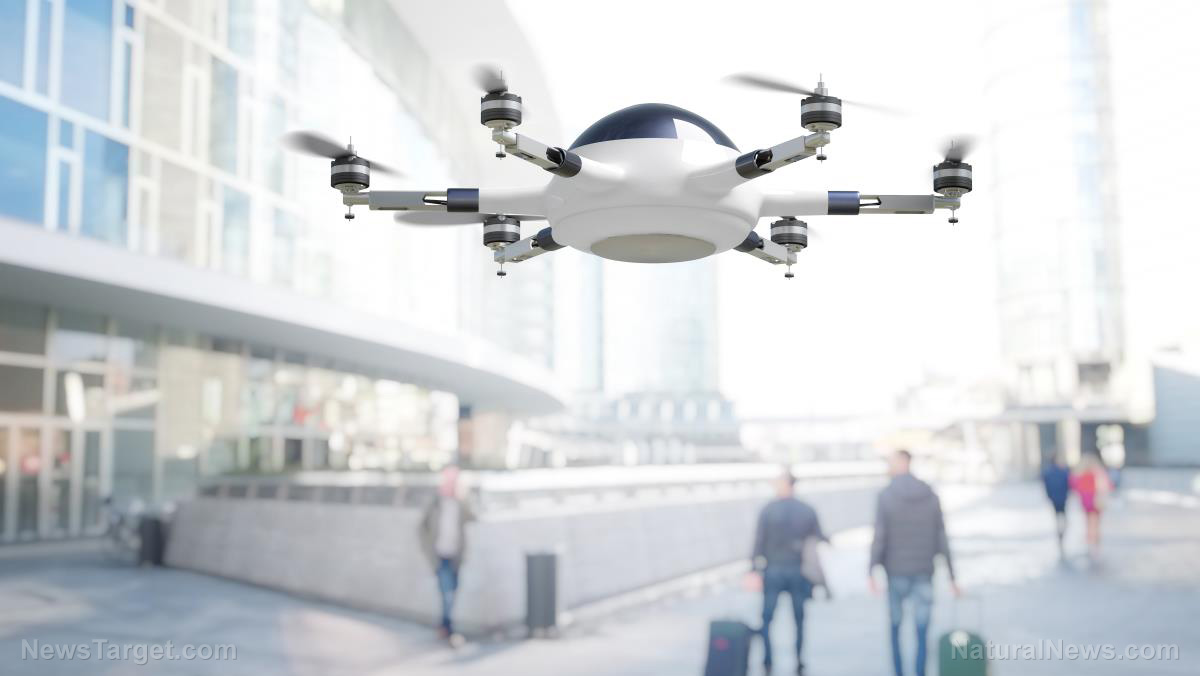Robotic pets will soon have a new market – assisting seniors
11/14/2018 / By Jhoanna Robinson
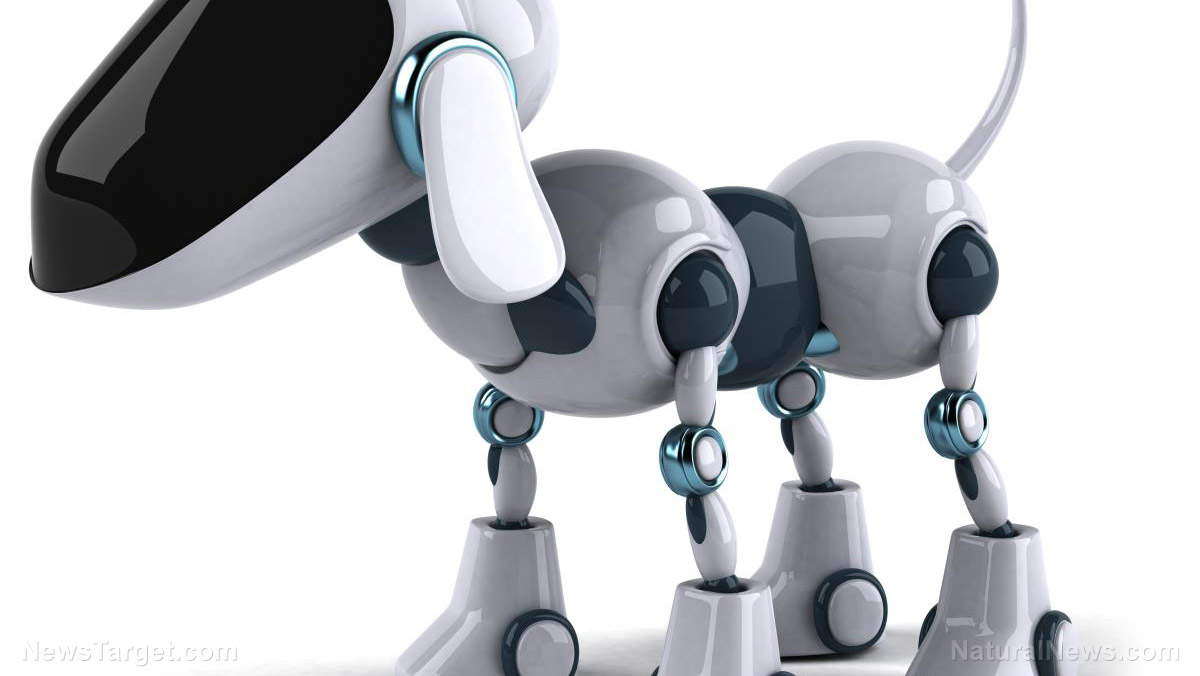
Pawtucket, Rhode Island-based toy company Hasbro, Inc. and Providence, Rhode Island-based Brown University are partnering to enhance Hasbro’s toy pets and make them into smarter robots to help elders with everyday tasks.
The project, which has been called ARIES (Affordable Robotic Intelligence for Elderly Support) will incorporate artificial intelligence capabilities to Hasbro’s existing toy, Joy For All Companion Pets, which are animatronic dogs and cats that are created with the goal of giving interactive comfort and companionship.
The research team is gearing towards adding capabilities to the ARIES companions so that they not only serve as instruments of joy, but also provide convenience for the elders. Additional capabilities would include finding lost objects and reminding the elders to take medicine, especially those who are afflicted with dementia.
The research is set to be funded with a $1 million grant from the National Science Foundation and will be headed by Brown’s Humanity-Centered Robotics Initiative (HCRI). The endeavor also includes researchers from Brown’s Warren Alpert Medical School; Butler and Bradley hospitals in Providence, Rhode Island; and the University of Cincinnati.
The group is set to perform a variety of user studies to understand other capabilities that can be incorporated to the ARIES system to make them more helpful to seniors. They plan to do this within the next three years. Then they will come up with the technology to meet the needs that were determined during these studies.
Objects of interest include sensor systems that enable the ARIES systems to decipher and remember the location of important things around the house, such as keys or eyeglasses. The sensor systems also seek to allow the ARIES systems to have a monitoring mechanism that helps their “owners” remember important tasks and events, and install a device that enhances safety.
The research team also seeks to provide an effective means of communication system within the ARIES pets, so as to help facilitate better understanding between the pet and its user.
“The Joy For All Companion Pets currently make some realistic pet sounds and gestures. We may want to expand those capacities and add intelligence to them, so the companions give meaningful clues – gestures, nudges, purrs – that help to guide users toward misplaced objects or let them know that it’s time to do something,” said Malle.
Artificial intelligence robots could become sentient and rebel against humans, scientist says
Most computer scientists believe that consciousness is a characteristic that will come about as technology unfolds. Even with this assumption, scholars are not sure whether self-organizing machines can be crafted to be as powerful as the human brain – the mathematical theory to make such a design exist is probably not yet available as of the moment.
But, supposing that robots do develop consciousness, Oklahoma State University regents professor of electrical and computer engineering Subhash Kak said in a new article in The Conversation that that scenario would be dangerous for humans.
“Forget about today’s modest incremental advances in artificial intelligence, such as the increasing abilities of cars to drive themselves. In addition to driving people around, it might be able to cook, clean, do laundry – and even keep humans company when other people aren’t nearby. That would save humanity from workaday drudgery, but it would also shake many societal foundations,” Kak said. (Related: Robot replacement begins in fast food industry: Burger flipping robot set to replace humans next year in 50 California restaurants.)
“Conscious machines would also raise troubling legal and ethical problems. Would a conscious machine be a ‘person’ under law and be liable if its actions hurt someone, or if something goes wrong? To think of a more frightening scenario, might these machines rebel against us and wish to eliminate us altogether?” Kak added.
However, there are physicists and philosophers who are of the belief that behavior is something unique to humans, and that the idea of “being” is something that cannot be computed or programmed into a machine. Creativity, for instance, and free will, are characteristics that don’t come from logic.
Another viewpoint on consciousness is from quantum theory, which is a theory in physics that describes nature at the smallest scales of energy levels of atoms and subatomic particles. The orthodox Copenhagen interpretation states that consciousness and the physical world are complementary aspects of the same reality.
In a report called “Mind the Gap: The Lack of Accountabillity for Killer Robots” that was released by New York City, New York-based nongovernmental organization Human Rights Watch (HRW) in 2016, the group raised concerns about the possibility of the emergence of sentient robots that would not see punishment if they harm or, if worse comes to worst, kill, a human being.
“Machines have long served as instruments of war, but historically, humans have directed how they are used. Now there is a real threat that humans would relinquish their control and delegate life-and-death decisions to machines. No accountability means no deterrence of future crimes, no retribution for victims, no social condmenation of the responsible party,” lead author and HRW senior Arms Division researcher Bonnie Docherty said.
To know more about machines, gadgets that can be designed using mathematical theories, robots, and computers, visit Computing.news today.
Sources include:
Tagged Under: ARIES pets, ARIES system, artificial intelligence, future tech, Joy For All Companion Pets, machine learning, monitoring mechanism, robot jobs, robotics, robots, science and technology, seniors, sensor systems

